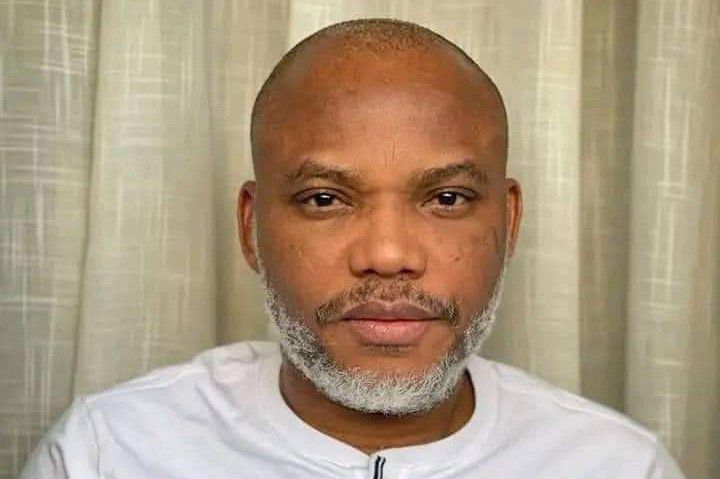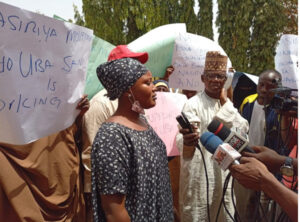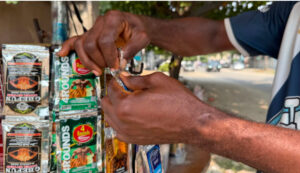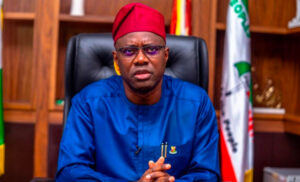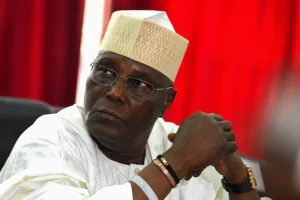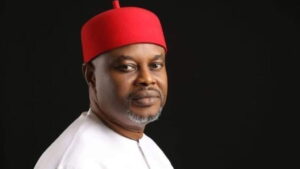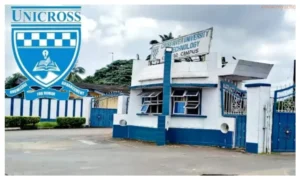The leader of the proscribed Indigenous People of Biafra (IPOB), Nnamdi Kanu, on Friday, failed to open his defence in his ongoing terrorism trial at the Federal High Court in Abuja. Kanu told the court that he was unable to proceed because he had not been granted access to his case file, which he said was necessary to prepare adequately for his defence. The incident occurred just a day after Kanu dismissed his legal team led by former Attorney-General of the Federation, Kanu Agabi (SAN), opting instead to represent himself in court.
When the case was called, prosecuting counsel Adegboyega Awomolo (SAN) reminded the court that the matter was scheduled for Kanu to open his defence. However, Kanu explained that those meant to deliver his case file to him in Department of State Services (DSS) custody were denied access. He therefore requested a short adjournment until Monday, October 27, to allow him time to access the necessary documents and prepare for his defence properly.
In addition, Kanu informed the court that he expected witnesses from the United Kingdom, the United States, Kenya, and Ethiopia, and pleaded with the court to permit him to meet with them over the weekend to aid his preparation. His request was not opposed by the prosecution, leading Justice Omotosho to direct the DSS to allow Kanu to receive visitors on Saturday and Sunday.
Justice Omotosho granted Kanu’s plea and adjourned the case till October 27 for him to begin his defence. However, the judge emphasized that the six days allocated for the defendant to present his case would not be extended under any circumstances. This means Kanu must conclude his defence within the stipulated timeframe once proceedings resume.
Kanu’s trial, which has drawn both local and international attention, continues to generate legal and political debate. Supporters of the IPOB leader argue that his prolonged detention and limited access to legal resources constitute a breach of his right to fair hearing. The court’s ruling on his upcoming defence presentation is expected to be pivotal in determining the next phase of the high-profile case.
